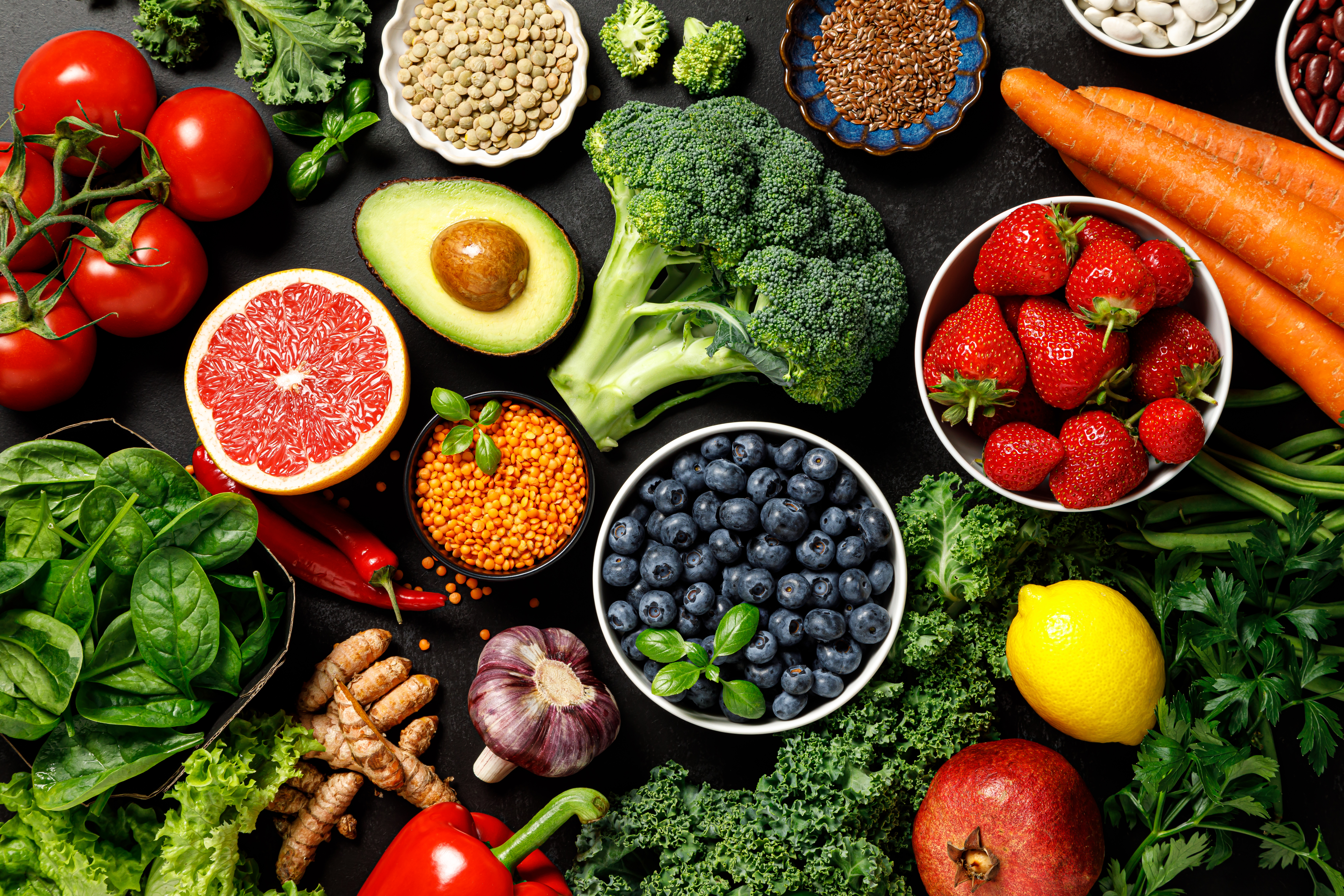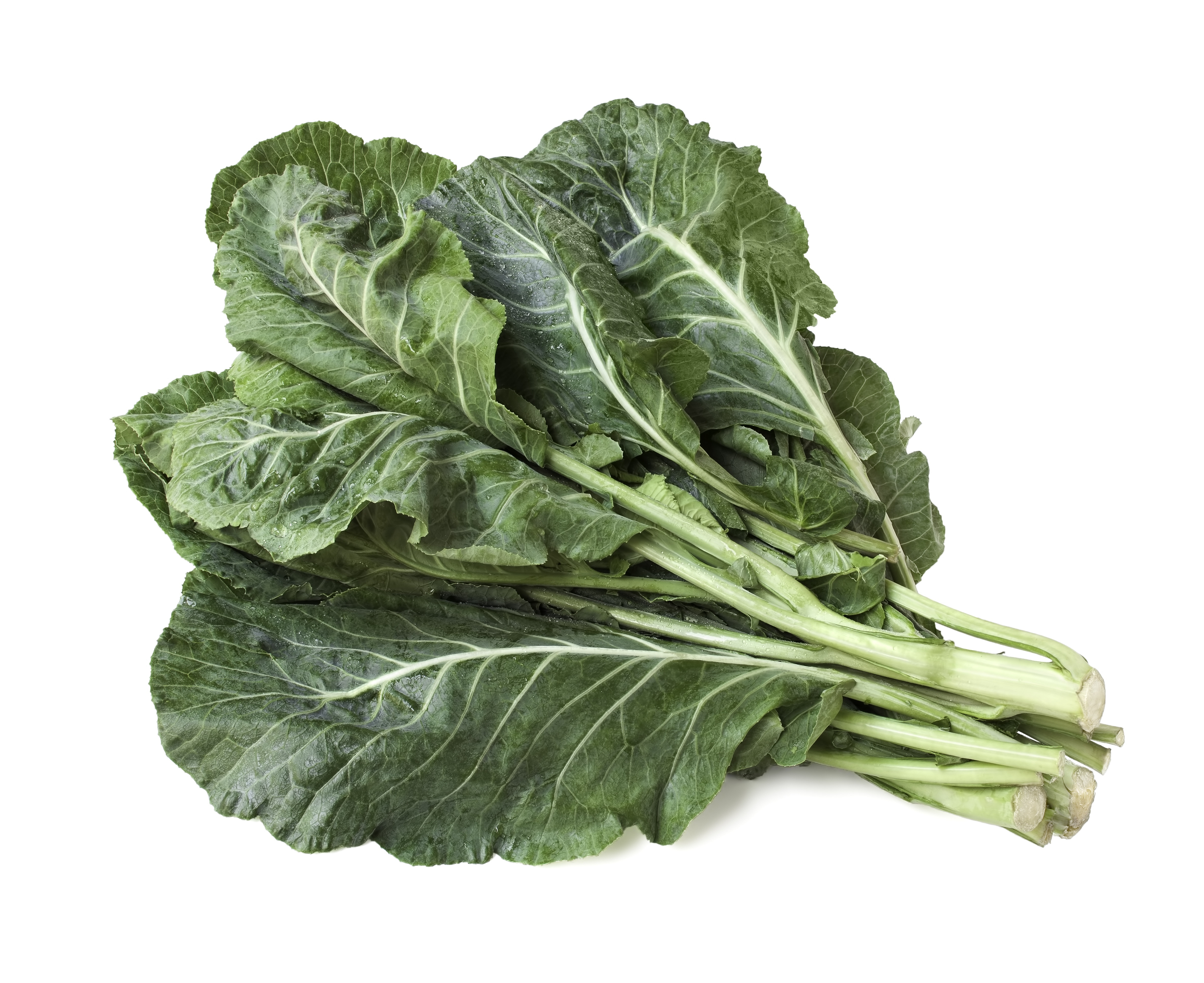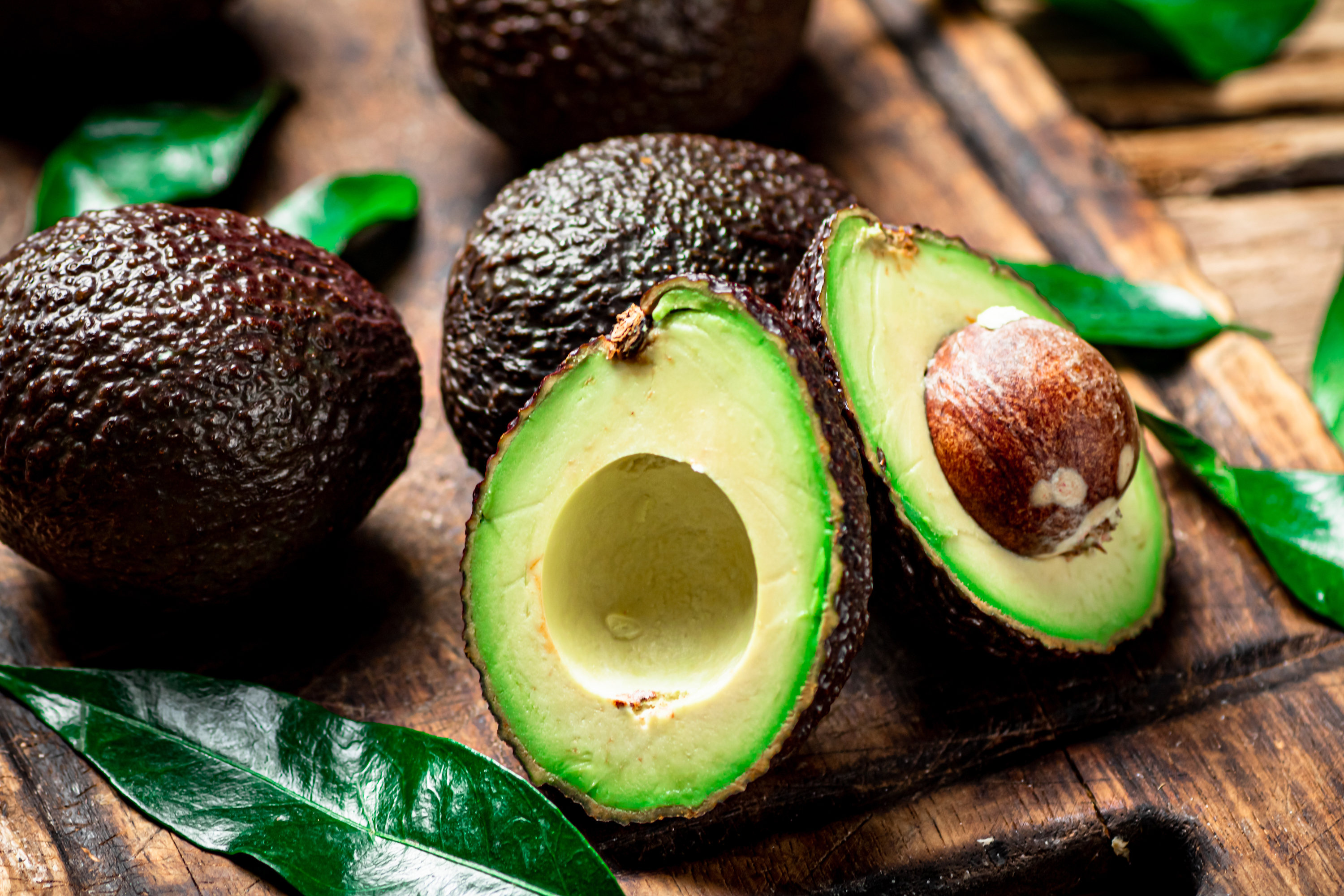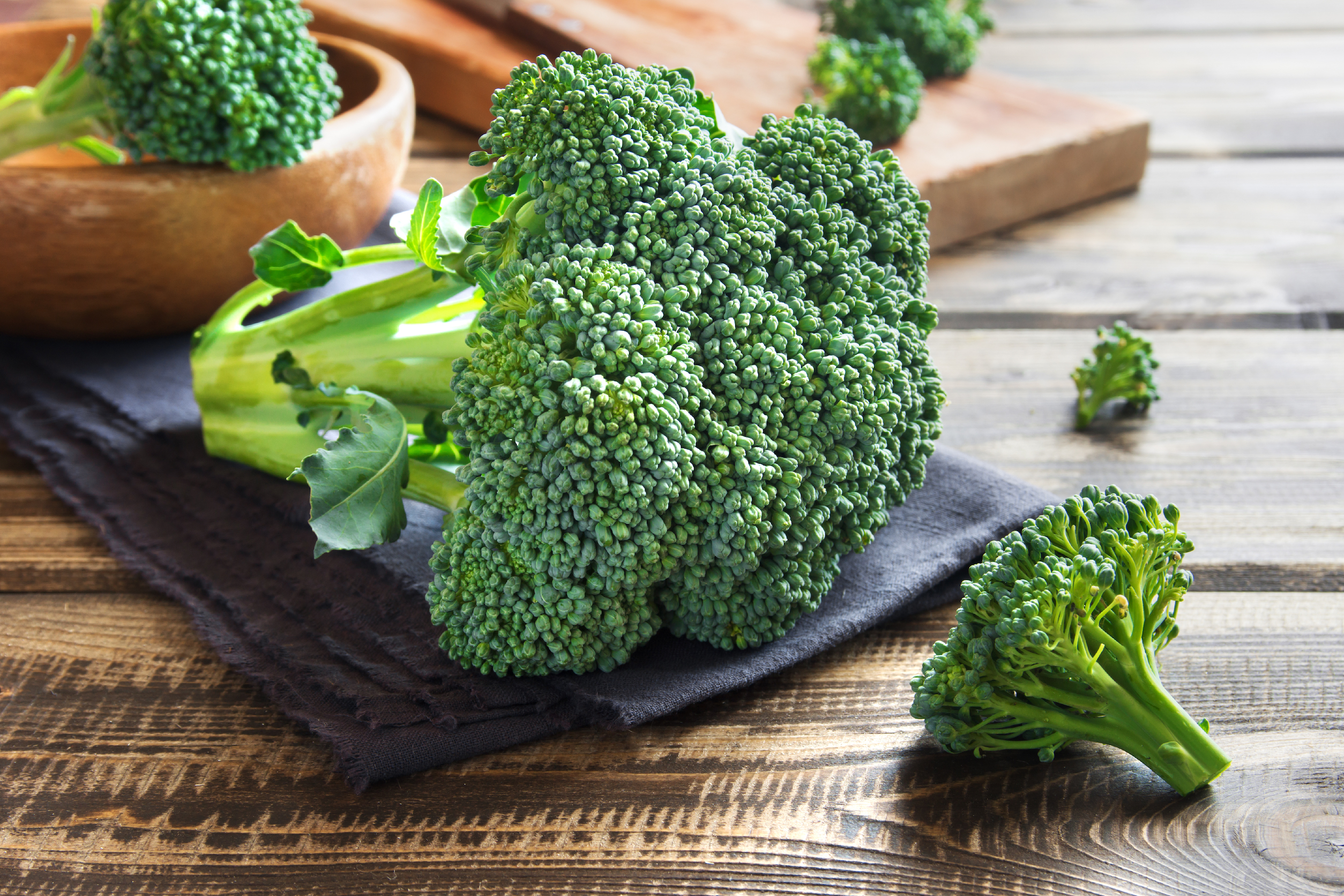
A healing diet is as much about what you are adding in as it is about what you are taking out.
A nutrient-dense diet is crucial for maintaining optimal health and well-being. It provides the body with the necessary vitamins, minerals, and other essential nutrients required for proper functioning. Consuming a variety of nutrient-rich foods, such as fruits, vegetables, proteins, and healthy fats, helps support vital bodily processes, including metabolism, immune function, and cell repair. A nutrient-dense diet can reduce the risk of chronic diseases such as obesity, diabetes, and certain types of cancer and can also decrease inflammation in your body.
These 8 foods are nutrient powerhouses so try to add them to your diet on a regularly.
Bone Broth
 Bone broth is made by simmering animal bones (such as chicken, beef, or fish) along with herbs, vegetables, and spices. During the cooking process, the bones release various nutrients, including collagen, gelatin, amino acids, vitamins, and minerals like calcium, magnesium, and phosphorus
Bone broth is made by simmering animal bones (such as chicken, beef, or fish) along with herbs, vegetables, and spices. During the cooking process, the bones release various nutrients, including collagen, gelatin, amino acids, vitamins, and minerals like calcium, magnesium, and phosphorus
Bone broth contains collagen, a protein found in connective tissues, bones, and skin. When bone broth is cooked, collagen is broken down into gelatin, which is rich in amino acids like proline, glycine, and glutamine. These amino acids are believed to support joint health, improve joint mobility, and potentially reduce joint pain, as well as play a role in supporting a healthy immune system. The gelatin and amino acids present in bone broth can support gut health and digestion. They help strengthen the gut lining, promote proper digestion, and enhance the absorption of nutrients.
Leafy Greens
 Leafy greens, such as spinach, kale, Swiss chard, collard greens, and lettuce, are incredibly nutritious and offer numerous health benefits.
Leafy greens, such as spinach, kale, Swiss chard, collard greens, and lettuce, are incredibly nutritious and offer numerous health benefits.
Leafy greens are packed with essential vitamins, minerals, and phytonutrients. They are particularly rich in vitamins A, C, and K, as well as folate, iron, calcium, and magnesium. These nutrients are important for overall health, supporting functions such as vision, immune system function, bone health, and red blood cell production. They are also an excellent source of antioxidants, including vitamin C, beta-carotene, and various flavonoids.
Organ Meats
 Organ meats are a concentrated source of high-quality protein and are often more nutrient-dense than muscle meats. They are rich in vitamins such as vitamin A, vitamin B12, riboflavin, folate, and minerals like iron, zinc, selenium, and copper. These nutrients are essential for various bodily functions, including red blood cell production, immune function, energy metabolism, and neurological health.
Organ meats are a concentrated source of high-quality protein and are often more nutrient-dense than muscle meats. They are rich in vitamins such as vitamin A, vitamin B12, riboflavin, folate, and minerals like iron, zinc, selenium, and copper. These nutrients are essential for various bodily functions, including red blood cell production, immune function, energy metabolism, and neurological health.
Organ meats contain certain nutrients that are not as prevalent in muscle meats or plant-based foods. For example, liver is a rich source of vitamin A, which is important for vision, immune function, and healthy skin. It is also a good source of choline, a nutrient important for brain development and function.
Berries
 Berries are particularly rich in vitamin C, which supports immune function, collagen synthesis, and acts as an antioxidant. Berries also contain vitamins A, E, and K, as well as minerals like potassium and manganese.
Berries are particularly rich in vitamin C, which supports immune function, collagen synthesis, and acts as an antioxidant. Berries also contain vitamins A, E, and K, as well as minerals like potassium and manganese.
Some compounds present in berries, such as anthocyanins, have been shown to have anti-inflammatory properties. Berries are high in dietary fiber, including soluble and insoluble fibers. Fiber promotes healthy digestion, helps regulate blood sugar levels, aids in weight management, and supports cardiovascular health
Avocado
 Avocados are packed with essential nutrients. They are an excellent source of vitamins and minerals, including vitamin K, vitamin C, vitamin E, vitamin B6, folate, potassium, and copper. Avocados also provide fiber, which promotes healthy digestion and supports weight management.
Avocados are packed with essential nutrients. They are an excellent source of vitamins and minerals, including vitamin K, vitamin C, vitamin E, vitamin B6, folate, potassium, and copper. Avocados also provide fiber, which promotes healthy digestion and supports weight management.
Avocados contain various antioxidants, such as carotenoids (including lutein and zeaxanthin), vitamin E, and glutathione. These antioxidants help protect cells from oxidative damage.
Avocados are rich in heart-healthy monounsaturated fats, specifically oleic acid. These fats can help lower LDL cholesterol (bad cholesterol) levels and reduce the risk of heart disease.
Cruciferous vegetables
 Cruciferous vegetables, such as broccoli, cauliflower, kale, cabbage, Brussels sprouts, and arugula, are highly nutritious and offer numerous health benefits.
Cruciferous vegetables, such as broccoli, cauliflower, kale, cabbage, Brussels sprouts, and arugula, are highly nutritious and offer numerous health benefits.
They are a great source of vitamin C, vitamin K, folate, and various antioxidants. They also provide minerals like potassium, calcium, and magnesium. The combination of fiber, antioxidants, and other beneficial compounds helps lower cholesterol levels, reduce inflammation, improve blood vessel function, and support overall cardiovascular health.
Cruciferous vegetables contain compounds called glucosinolates, which are responsible for their distinct smell and taste. When these vegetables are chopped, chewed, or digested, glucosinolates are converted into biologically active compounds. These compounds have shown potential anti-cancer properties by helping to detoxify and eliminate carcinogens, suppressing tumor growth, and reducing inflammation.
Salmon
 Salmon is rich in omega-3 fatty acids, particularly EPA (eicosapentaenoic acid) and DHA (docosahexaenoic acid). These essential fatty acids are known for their anti-inflammatory properties and are beneficial for heart health, brain function, and reducing the risk of chronic diseases like heart disease, stroke, autoimmune disease and certain types of cancer. It is also an excellent source of protein.
Salmon is rich in omega-3 fatty acids, particularly EPA (eicosapentaenoic acid) and DHA (docosahexaenoic acid). These essential fatty acids are known for their anti-inflammatory properties and are beneficial for heart health, brain function, and reducing the risk of chronic diseases like heart disease, stroke, autoimmune disease and certain types of cancer. It is also an excellent source of protein.
Salmon is packed with essential nutrients such as vitamin D, vitamin B12, vitamin B6, and vitamin A. Additionally, it contains minerals like selenium, potassium, and magnesium.
Beets
 Beets are rich in antioxidants, including betalains and other phytonutrients. These compounds help protect cells from oxidative damage caused by free radicals, which are unstable molecules that can contribute to chronic diseases such as heart disease, cancer, and aging-related conditions.
Beets are rich in antioxidants, including betalains and other phytonutrients. These compounds help protect cells from oxidative damage caused by free radicals, which are unstable molecules that can contribute to chronic diseases such as heart disease, cancer, and aging-related conditions.
Beets are an excellent source of folate (vitamin B9), manganese, potassium, and vitamin C. They also contain smaller amounts of other important nutrients like iron, magnesium, and vitamin A.
/FullLogo_Transparent_NoBuffer_(5)_600x149.png)
